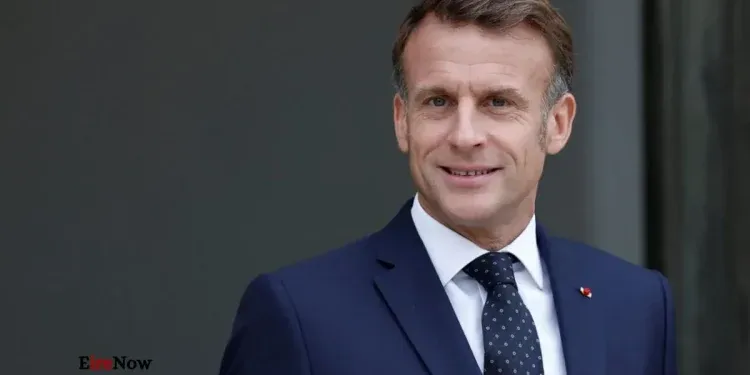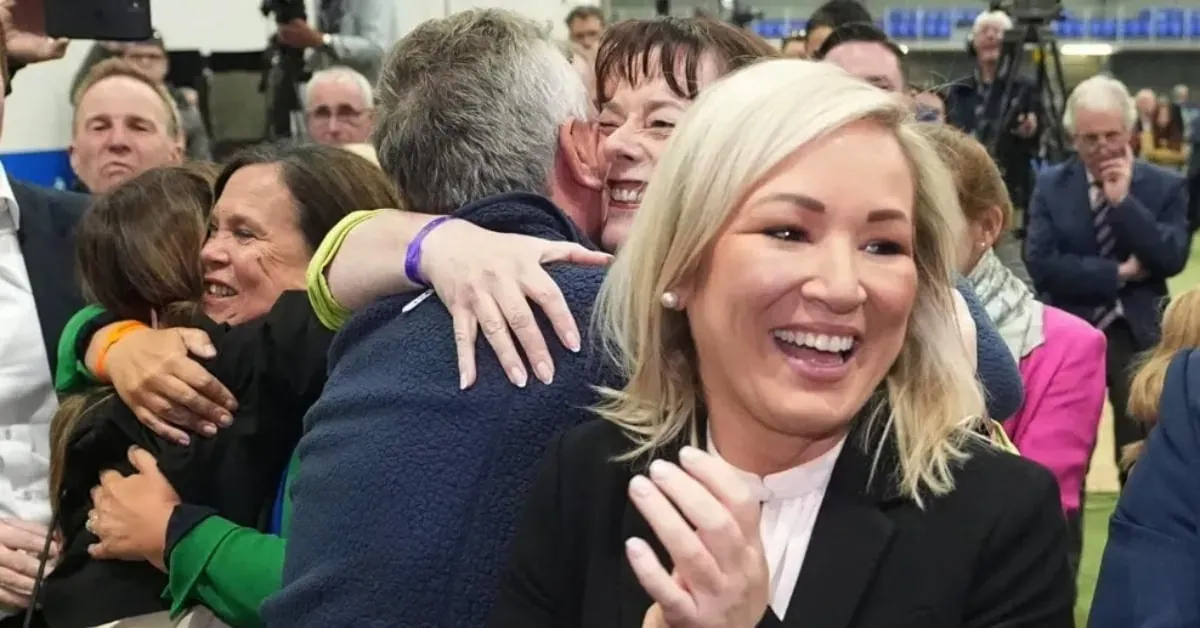PARIS – President Emmanuel Macron is set to name his sixth prime minister in less than two years by Friday evening, as he attempts to stabilize France’s spiraling political crisis and avoid calling snap legislative elections. The appointment is seen by government officials as a critical, potentially “last chance” effort to regain credibility and counter the rising threat of the far right.
The announcement follows the resignation of Prime Minister Sébastien Lecornu after just 27 days in office this week. Lecornu’s departure forced Macron to confront three difficult options: find a new prime minister, call immediate snap elections, or resign as president.
Government spokesperson Aurore Bergé underscored the gravity of the situation on Thursday, stating, “This might be the last chance for politicians to regain credibility… all of this is only strengthening the chances and capabilities of the far right to take power.”
Fragmented Parliament and Budget Woes
The political chaos stems from the deeply fragmented parliament resulting from the 2024 snap elections, which left the National Assembly without a clear majority. Parliamentarians are divided into three roughly equal blocs: the left, the far right, and Macron’s centre-right alliance.
This ideological deadlock is severely complicated by France’s looming fiscal challenge: the country’s budget deficit is projected to exceed 5.5% of GDP this year, nearly double the EU’s permitted limit. Any new prime minister will immediately face the difficult task of steering a budget through a hostile and divided assembly.
Lecornu’s Final Talks and Conditions for a Solution
Before his official departure, Lecornu spent hours holding last-ditch talks with parties across the political spectrum—excluding the far right and hard left—to find a path forward. He emerged “cautiously optimistic,” telling France 2 that a majority of parliamentarians did not want new elections and that “a path is still possible” for a governing coalition, despite the difficulty.
Lecornu also hinted at the internal political hurdles created by the upcoming 2027 presidential race. He emphasized that any new government must be “completely disconnected” from presidential ambitions, needing a team focused solely on solving the country’s immediate problems until the election.
Far Right Vows Opposition
The challenge for Macron’s incoming premier was immediately reinforced by leaders on the political extremes:
- The leader of the far-right National Rally (RN), Marine Le Pen, vowed that her party would “vote against everything,” including any new prime minister appointed by Macron, and called for new parliamentary elections.
- Mathilde Panot, the parliamentary leader of the hard-left France Unbowed (LFI), stated her party’s MPs would vote against “any government that persists with Macron’s policies.”
One potential solution being floated is the appointment of a prime minister from the moderate left. However, this would require Macron to accept the possibility of significant policy compromises, such as scaling back his contentious 2023 pension reform that raised the minimum retirement age.
The president’s decision by Friday will determine whether the political instability continues or if a new strategy can be found to manage France’s affairs until the 2027 presidential contest.







